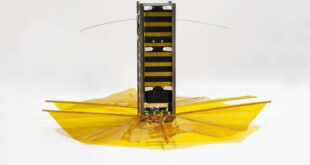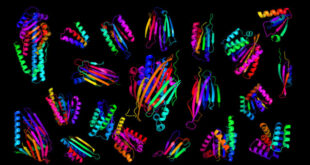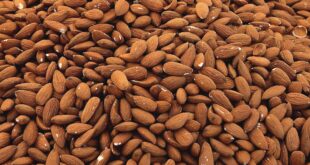Caffeine consumption has been associated with lower risks for multiple diseases, including type 2 diabetes, heart disease, and stroke, but the mechanism underlying these protective effects has been unclear. A new study, published in the journal PLoS Biology, shows that a caffeine concentration equivalent to four cups of coffee promotes the movement of a regulatory protein into mitochondria, enhancing their function and protecting cardiovascular cells from damage.
Physiological concentrations of caffeine equivalent to four cups of coffee have multiple protective effects. Image credit: Nathan Dumlao.
Dr. Judith Haendeler and Dr. Joachim Altschmied from the Heinrich-Heine-University and the IUF-Leibniz Research Institute for Environmental Medicine in Germany and co-authors have previously shown that at physiologically relevant concentrations caffeine improved the functional capacity of endothelial cells, which line the interior of blood vessels, and that the effect involved mitochondria, the cell’s energy powerhouses.
In the new study, the researchers showed that a protein called the cyclin-dependent kinase inhibitor 1B (also known as p27) — a nuclear cell cycle inhibitor that can be shuttled to the cytoplasm to inactivate its inhibitory role — was present in mitochondria in the major cell types of the heart.
In these cells, mitochondrial p27 promoted migration of endothelial cells, protected heart muscle cells from cell death, and triggered the conversion of fibroblasts into cells containing contractile fibers — all crucial for repair of heart muscle after myocardial infarction.
The scientists found that caffeine induced the movement of p27 into mitochondria, setting off this beneficial chain of events, and did so at a concentration that is reached in humans by drinking four cups of coffee.
Caffeine was protective against heart damage in pre-diabetic, obese mice, and in aged mice.
“Our results indicate a new mode of action for caffeine, one that promotes protection and repair of heart muscle through the action of mitochondrial p27,” Dr. Haendeler said.
“These results should lead to better strategies for protecting heart muscle from damage, including consideration of coffee consumption or caffeine as an additional dietary factor in the elderly population.”
“Furthermore, enhancing mitochondrial p27 could serve as a potential therapeutic strategy not only in cardiovascular diseases but also in improving healthspan.”
_____
N. Ale-Agha et al. 2018. CDKN1B/p27 is localized in mitochondria and improves respiration-dependent processes in the cardiovascular system — New mode of action for caffeine. PLoS Biol 16 (6): e2004408; doi: 10.1371/journal.pbio.2004408
 #Bizwhiznetwork.com Innovation ΛI |Technology News
#Bizwhiznetwork.com Innovation ΛI |Technology News




